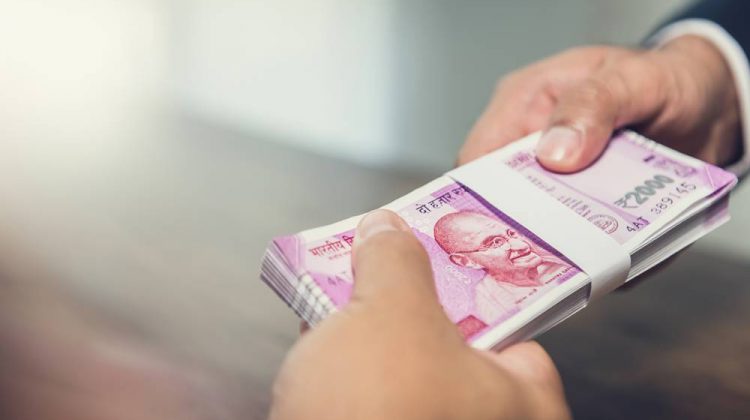Cash transaction leaves no trail of the payer that causes tax evasion & black money. It affects the Indian economy by dual aspect one is revenue deficit to government and another one is unaccounted money that cannot flow in the economy. Both of these problems terribly effects the development of a country. That’s why government has come up with the restrictions on cash transactions through inserting various sections in the income tax act.
Demonetisation is also a step toward curbing the black money. After it imposing restrictions on cash transactions again a step to make the demonization successful. We have here briefly explained all the restrictions, limits and consequences of cash transactions although all these provisions have some specific exceptions.
To get a crystal-clear view of income tax provision, we have divided the income tax provisions as per nature of cash transaction which are explained below:
1. Receipts from Sale of Goods/Services
♦ Amount Limit: ₹ 2,00,000 (Section 269ST)
♦ Applicable to all person/business entities
♦ Amount Calculation – Aggregate from a single person in day OR w.r.t. single transaction OR w.r.t. single event/occasion
♦ Consequences of non-compliance – Equal amount of Penalty
2. Receipts from Sale of Property, Loan & Deposits
♦ Amount Limit: ₹ 20,000 (Section 269SS)
♦ Applicable to All persons/business entities
♦ Amount Calculation – Aggregate amount of existing outstanding loan, deposit, sale proceeds of property along with interest and proposed amount of loan, deposit & sale proceeds.
♦ Consequences of non-compliance – Equal amount of Penalty
3. Receipts from Donations
♦ Political Parties
i. No donation of ₹ 2,000 or more is received otherwise than by banking channel.
ii. Consequences – The income to the extent will not be exempted under section 13A.
♦ Religious Trust
i. No Limit on cash receipts of Donation (Anonymous or non-anonymous) except limit of ₹ 2 Lacs under section 269ST
ii. Cannot registered under section 80G hence cannot issue donation slips which are eligible for exemption under section 80G.
♦ Charitable Trust
i. Anonymous Donations i.e. donation in cash without identity of donor if above the specified limit than it would be taxable as per section 115BBC
ii. Non Anonymous Donations – Cannot issue donation slips eligible for exemption under 80G if donation is in cash above ₹ 2,000
Limit of ₹ 200,000 is also applicable under section 269ST
4. Payment for Expenses/Purchase/Assets Purchase
♦ Section 43A(3) & 43 – Limit is of ₹ 10,000
♦ Amount Calculation – Aggregate of payments made to a person in a day
♦ Consequences – Expenses would be no eligible for calculation of Profit for taxation purpose and so much amount asset which is paid in cash would not be eligible for deprecation under section 32.
5. Payment for Sales of Property, Loan & Deposits
♦ Amount Limit: ₹ 20,000 (Section 269T)
♦ Applicable to All persons/business entities
♦ Amount Calculation – Aggregate amount of existing outstanding loan, deposit, sale proceeds of property along with interest and proposed amount of loan, deposit & sale proceeds.
♦ Consequences of non-compliance – Equal amount of Penalty
6. Payment for Donationsetc.
♦ Donations above ₹ 2,000 in cash is not eligible for deductions under 80G.
♦ Medical Insurance premium paid in cash not eligible for deduction u/s 80D

